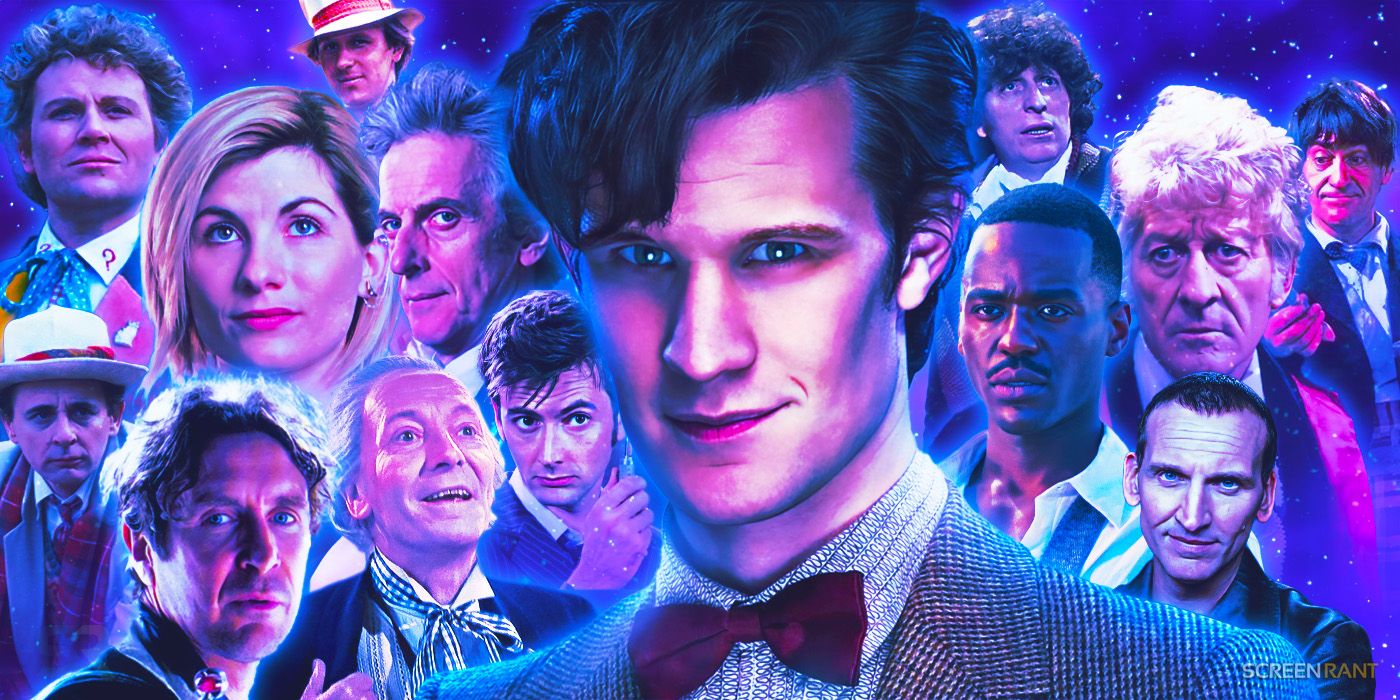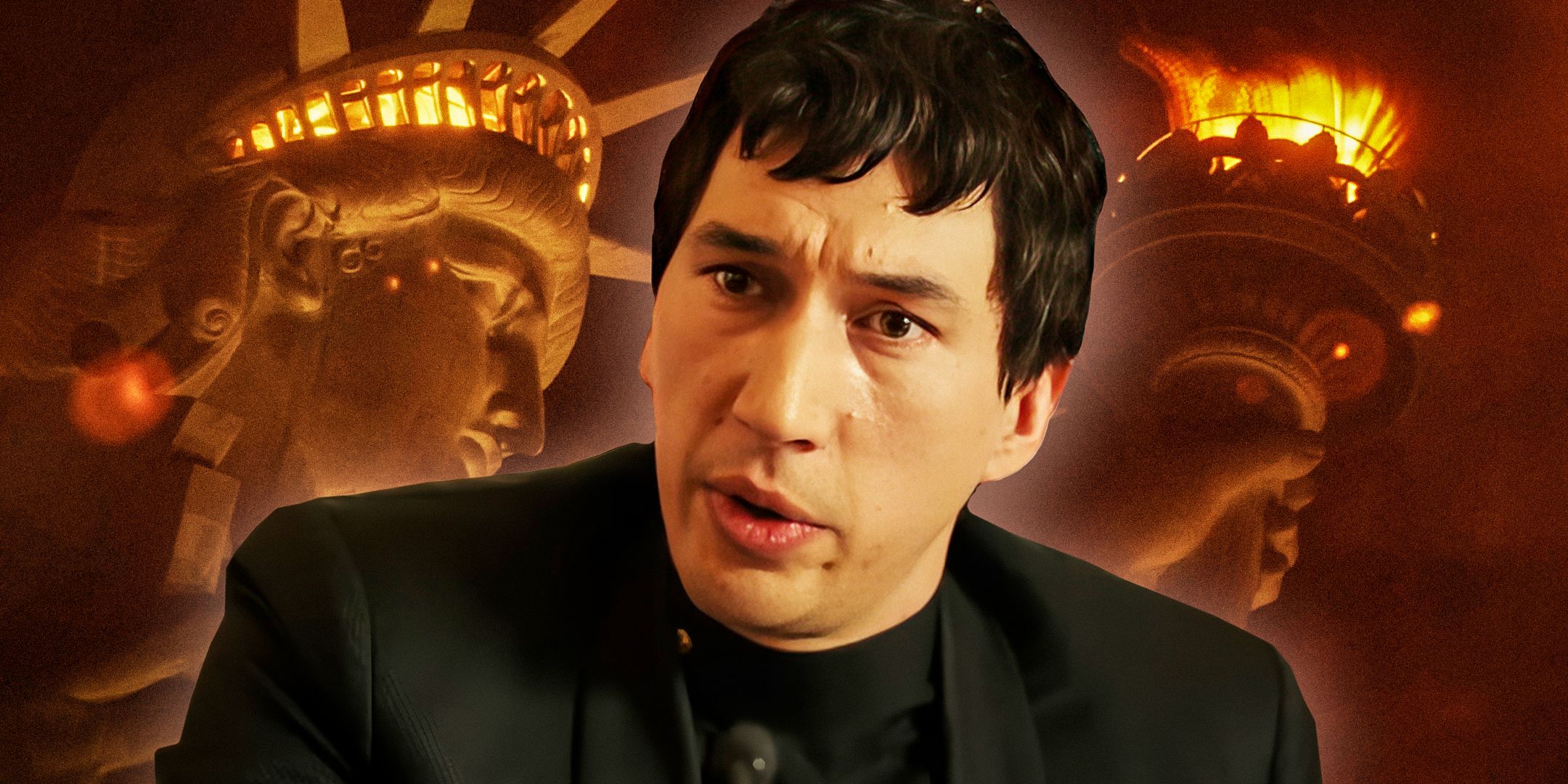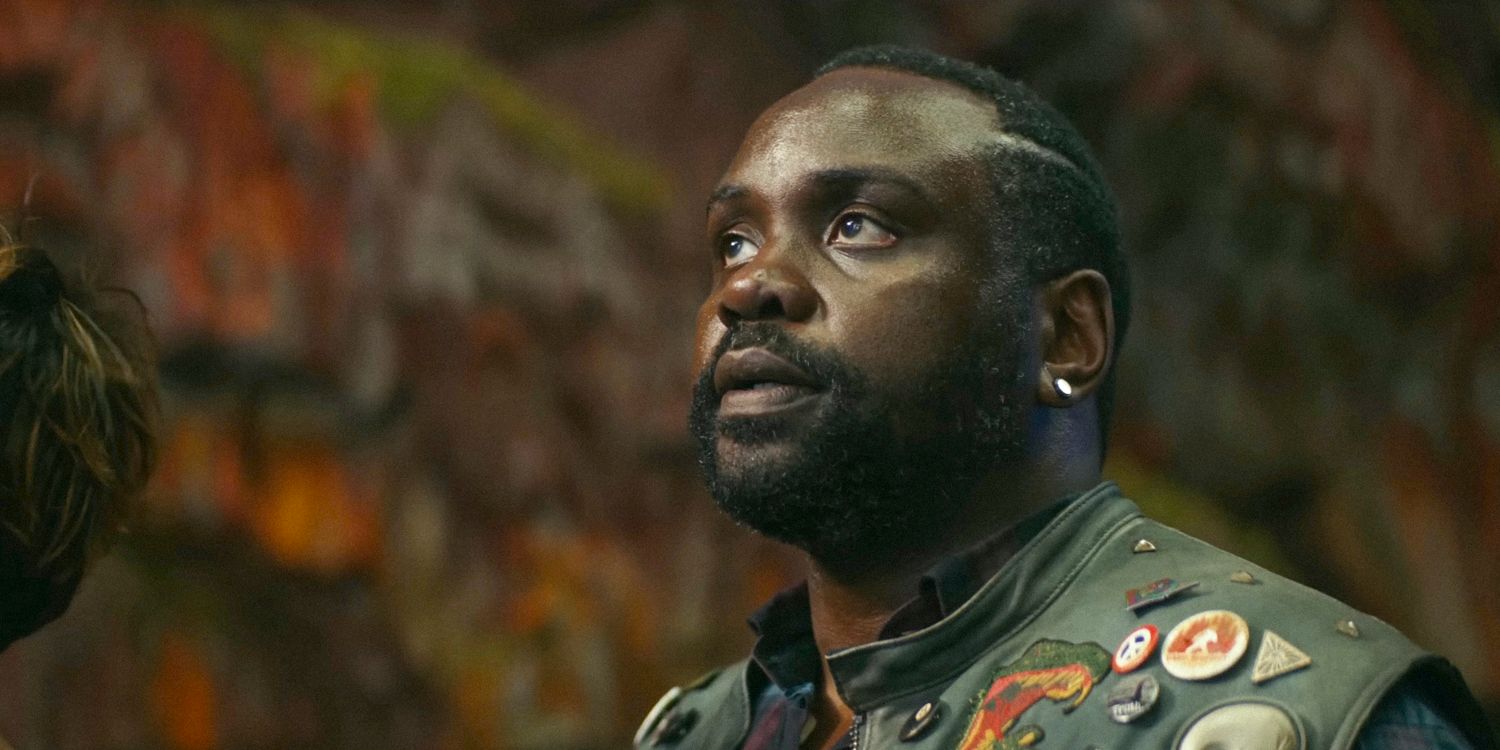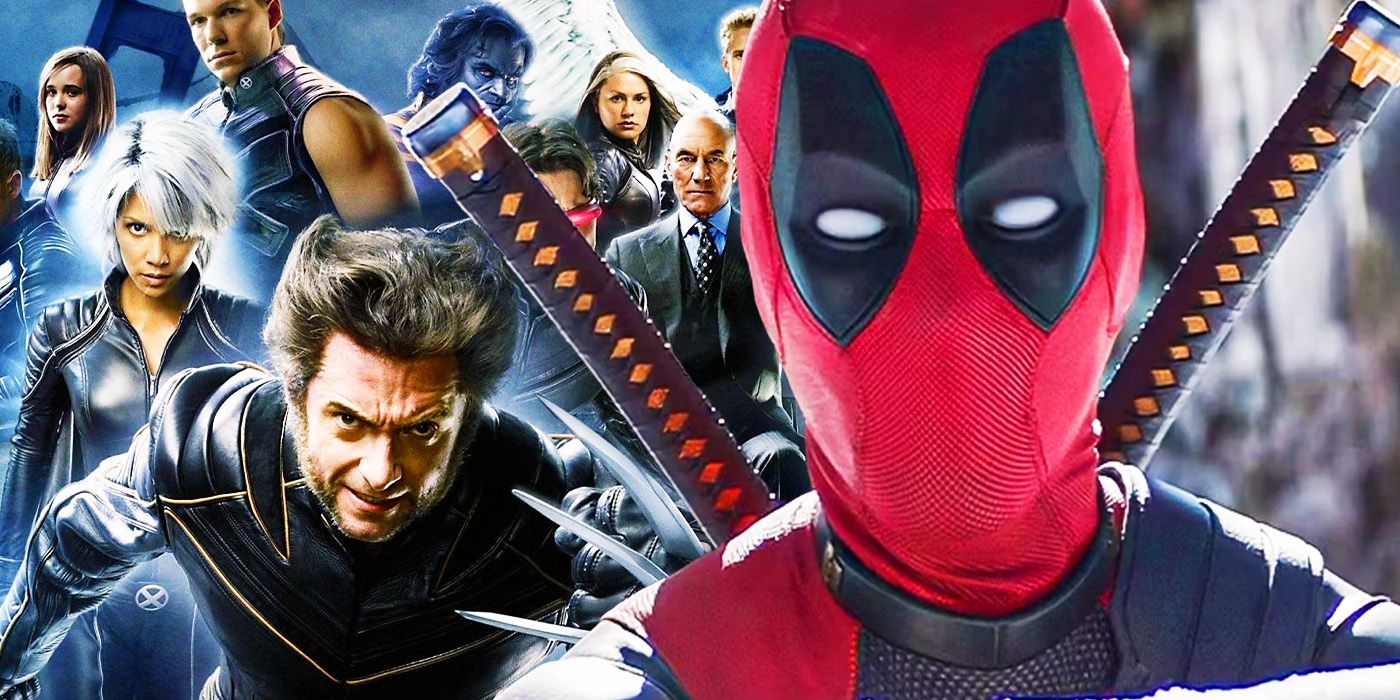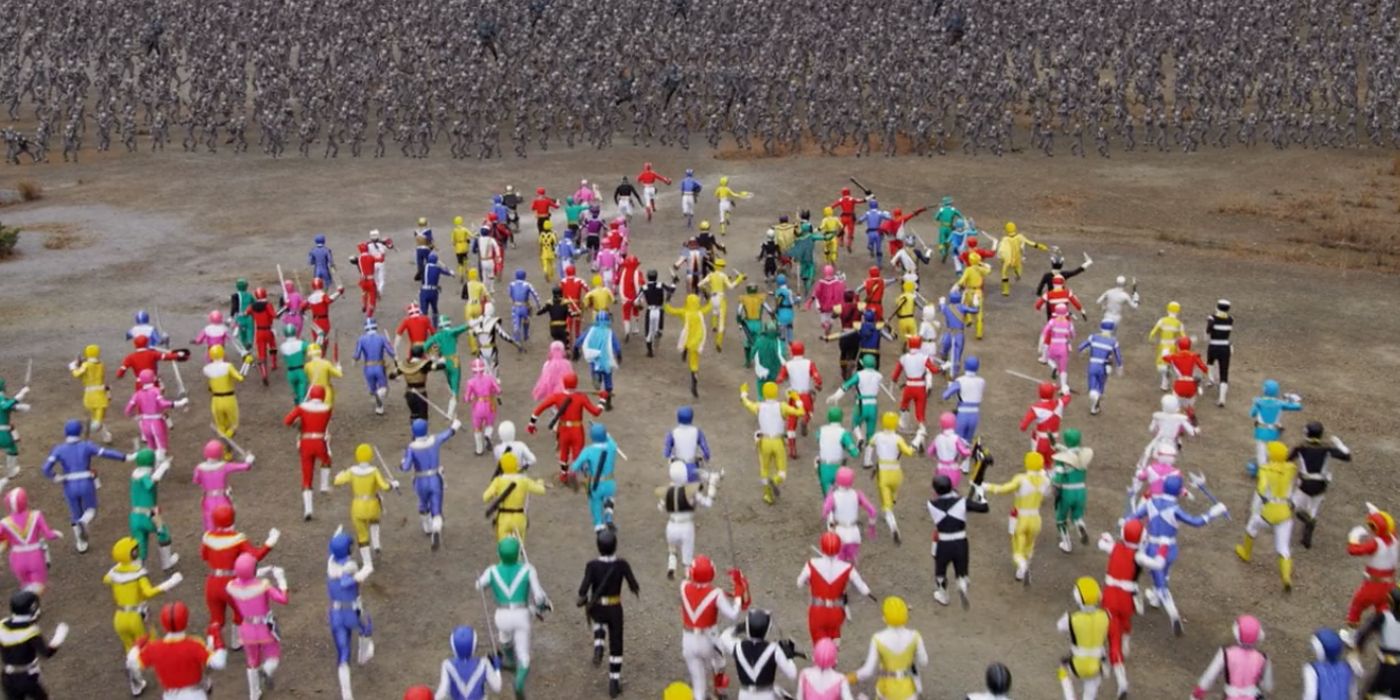When Steve Ditko created Marvel Comics’ Spider-Man with Stan Lee and Jack Kirby, the world changed. Few fans know that Ditko was the Wall-Crawler’s primary craftsman, as it was due to him that Peter Parker got his awkward, anxious, and more relatable appearance. Ditko was also singlehandedly responsible for creating Spider-Man’s iconic costume. However, Ditko’s lesser-known characters directly influenced Alan Moore and Dave Gibbons’ Watchmen—one of the most impactful comic book narratives of all time.
Steve Ditko was always modest and humble, never wanting any attention or credit. He repeatedly refused interviews and said that he liked to communicate to audiences exclusively with his work. Most fans know that Stan Lee was the opposite. He was the frontman of the Merry Marvel Marching Society, a club that featured several members of Marvel Comics’ staff during the company’s peak in the 1960s. Despite what many fans might be thinking, Stan Lee isn’t merely a robber of Ditko’s credit; Ditko received recognition for plotting some of Spider-Man and Doctor Strange’s very best adventures. Their opposite levels of humility with audiences were likely why things became the way they are. Nonetheless, Ditko should get much more attention for the way he changed comic books and art in general.
In the insightful BBC documentary In Search of Steve Ditko, Jonathan Ross interviews many of the world’s most critically acclaimed comic book creators. Some of the most dynamic designers in the comic book industry joined the educational pursuit, from Stan Lee to Neil Gaiman. However, the most enlightening information might have come from Alan Moore, who opened up about Ditko’s philosophical influence on the character of Rorschach from Watchmen. After leaving Marvel Comics, Ditko created two characters: Charlton Comics’ The Question and Witzend’s Mr. A. These characters embodied Objectivism—the conservative philosophy of Ayn Rand, proposing a choice is only good or evil, nothing in between. When DC bought Charlton Comics in 1983, Moore intended to use The Question for Watchmen, but DC refused. They said that Watchmen would make the characters unusable.
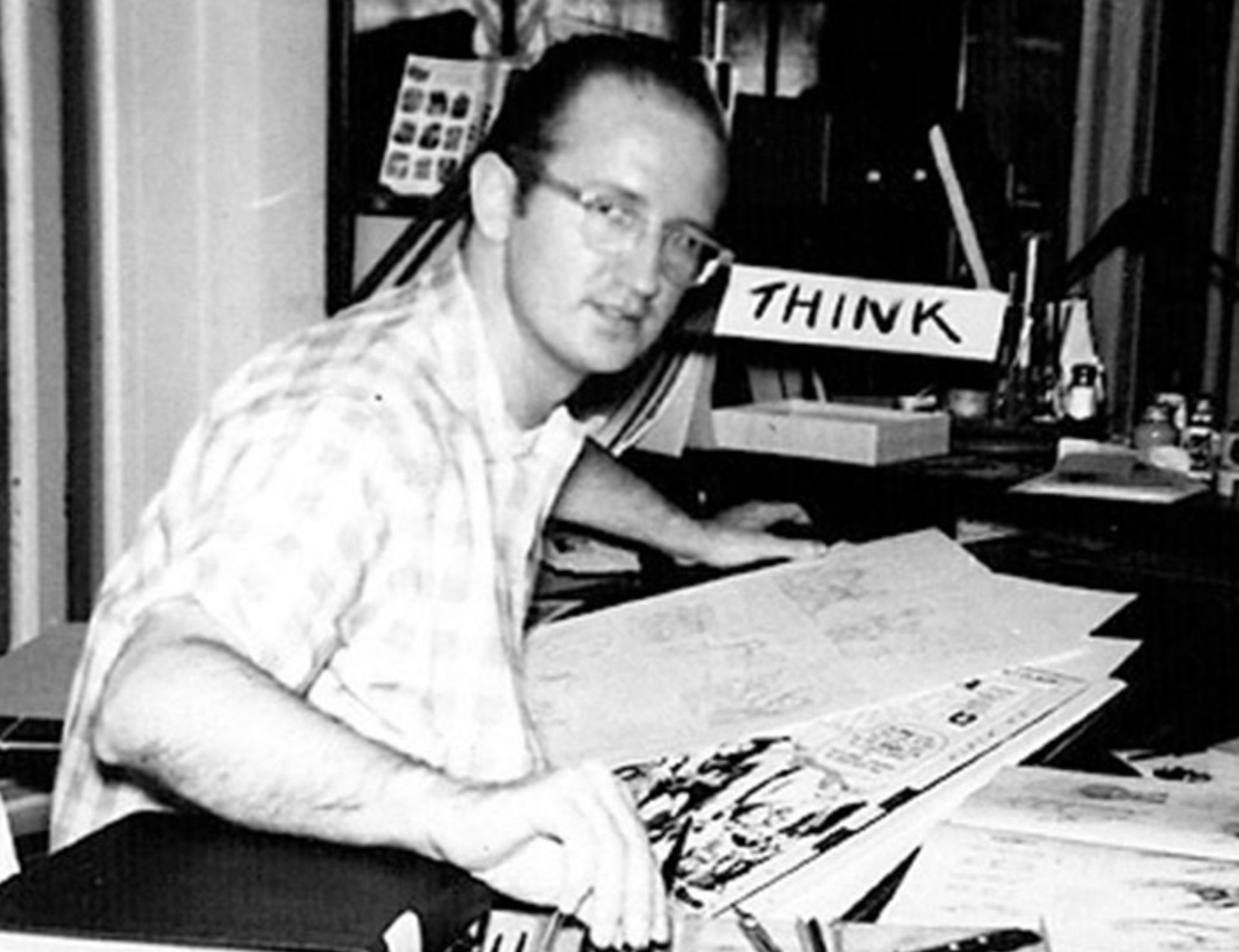
Moore spoke to Jonathan Ross about Rorschach: “The most unpleasant, right-wing character is Rorschach. He almost ends up as the hero of the book. He’s certainly the character who seems to have the most ferocious integrity. Even if his politics are completely mad, he has this ferocious moral integrity that has made him one of the most popular characters in the book. And obviously that ferocious moral drive and integrity, that was kind of my take upon Steve Ditko.” Before his passing, Ditko once commented on Watchmen’s Rorschach, stating: “Oh yes. Rorschach. He’s like Mr. A. Except he’s insane.” Even though Moore wasn’t there himself, the story makes him laugh.
While Spider-Man is a cultural phenomenon, Watchmen presented a transcendence for comic books as an art form. Watchmen is not just one of the greatest limited comic series; it’s one of the greatest pieces of literature in general. TIME Magazine even includes the 12 issues of Watchmen in “All-TIME 100 Novels.” It’s fair to say Spider-Man’s character is far more meaningful than Rorschach. Peter Parker’s simplicity, relatability, and heroism make him one of the most beloved characters ever. Despite this, no narrative in superhero comic books is as critically successful as Watchmen. Moore stating that Steve Ditko‘s philosophies inspired one of the main ideas in Watchmen is an unknown milestone for the Spider-Man co-creator.
Sources: In Search of Steve Ditko | “All-TIME 100 Novels”

